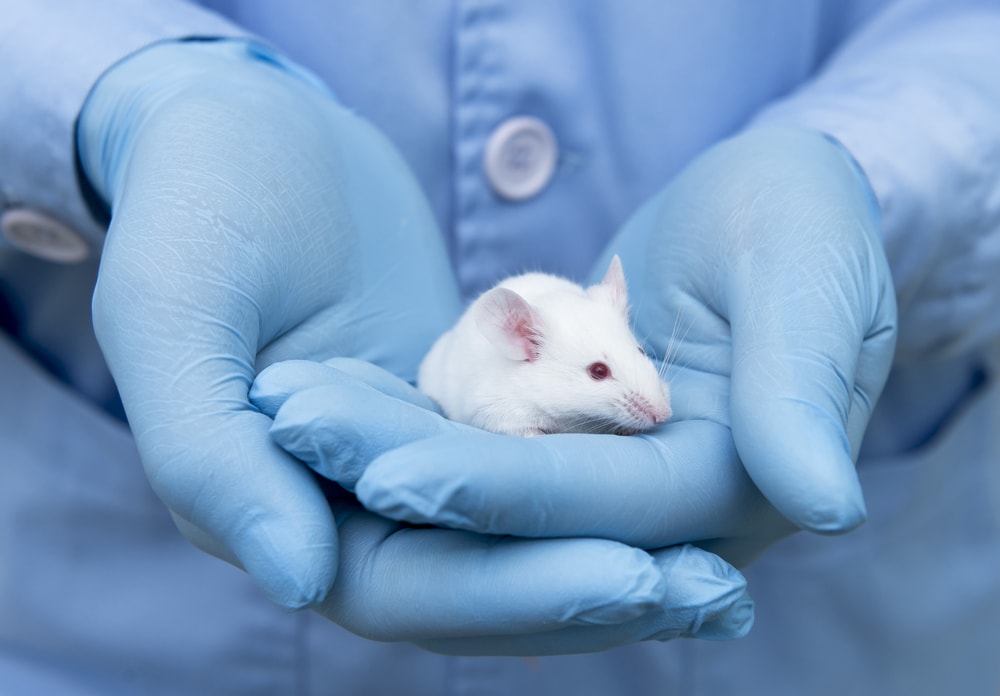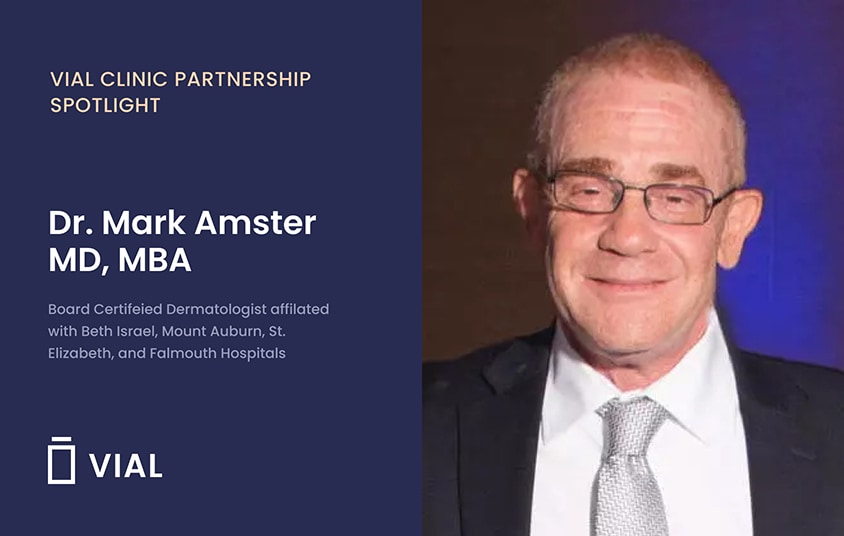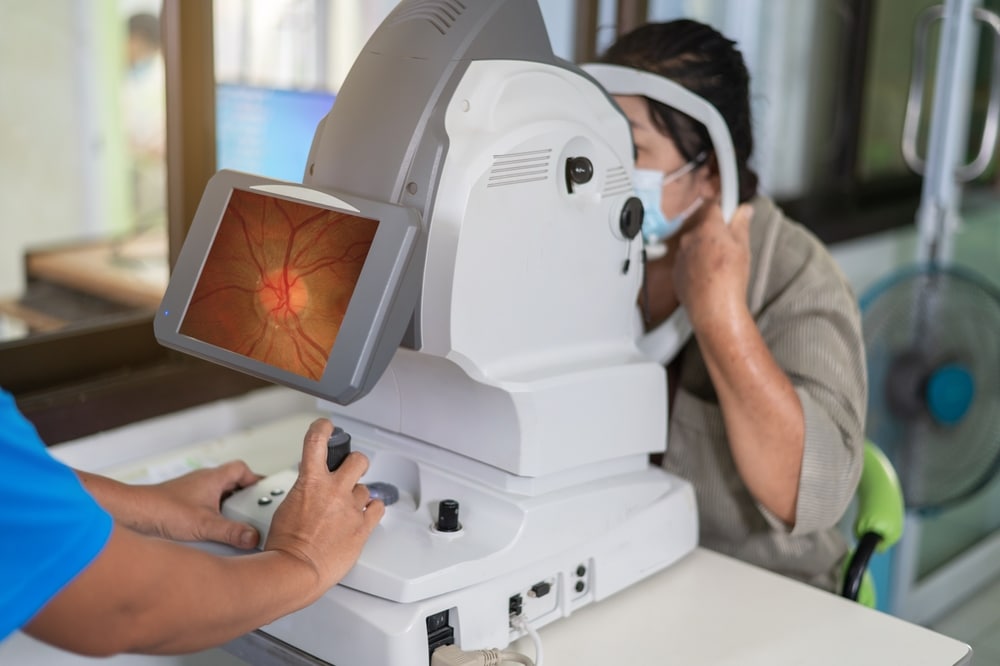The rise of modern technology in recent decades has helped researchers discover new potential targets in the fight against diseases like cancer. Yet, when drug candidates eventually reach the clinical trial stage, nearly 97% of oncology trials fail to receive approval from the United States Food and Drug Administration (FDA) [1]. Given the nature of these treatments, most oncology investigational therapies are denied due to challenges with drug toxicity and clinical efficacy. Navigating the FDA approval process can be challenging, but there are steps that can improve the chances of your oncology trial making it through successfully. The Vial CRO is dedicated to helping researchers and biotechs get novel treatments to the market. Here are a few tips for getting your oncology trial approved by the FDA.
Do: Dedicate sufficient resources to developing a strong clinical trial plan
Like any clinical trial, investigational cancer treatment studies must generate quality data that clearly depict a novel medication’s safety and efficacy. Oncology sponsors must design their protocol to contain objective endpoints appropriate for the cancer indication of interest, be adaptive in nature, and bear patient centricity in mind to maximize patient retention. A thorough site selection process also helps reduce the risk of recruitment delays and ensures proper enrollment of the target population. The clearer and more robust data a sponsor presents, the better the FDA can assess a therapy’s risks and benefits. This can be especially important when a previously approved drug is being evaluated for a new indication, as the comparative data can play a role in a new approval. Securing help from a trusted contract research organization (CRO) partner can help alleviate headaches and common delays during trial planning and site activation.
Don’t: Underestimate the preclinical phase of research and development
The drug development sector should not be discounted; it’s where a candidate therapy’s potential starts and may end depending on the results. One reason so many oncology medications fail to receive approval from the FDA involves the mischaracterization of the mechanism of action (MOA) [2]. Researchers believe a drug works by targeting one molecule, whereas its true MOA involves off-target interactions, which scientists failed to detect. If the exact target of a cancer drug is unable to be deciphered, any future clinical trials will not be optimally designed to uncover its exact impact on patients. This can be offset by relying on more rigorous and reproducible protein interaction studies to confirm a drug’s MOA long before it reaches human testing.
Do: Understand where your trial fits into the FDA approval tracks
Traditionally, clinical trials must proceed through Phase I, Phase II, and Phase III testing in humans before a New Drug Application (NDA) can be submitted to the FDA prior to approval[3]. However, to balance the needs of patients, specialized programs have been established for an expedited approval process. Depending on your investigational cancer drug, one of these four tracks may be more appropriate when submitting promising trial results to the FDA.
- Accelerated Approval allows drugs for life-threatening conditions where the course of the disease is long, such as Gleevec for chronic myeloid leukemia, to reach the market based on a surrogate endpoint that reasonably demonstrates clinical efficacy [4,5].
- Fast Track is a development designation that is designed to speed up the process of testing and reviewing a drug that fills an immediate unmet need for the treatment of serious conditions based on promising animal or human data [4].
- Breakthrough Therapy designation similarly expedites the review of a new drug that not only treats a serious condition, but its preliminary clinical results also indicate it may provide more benefits than existing drugs for a specific indication [4,5].
- Priority Review indicates that the FDA will take action on an investigational drug application in six months rather than the typical period of 10 months [4]. This allows more time and resources to be given to therapies that demonstrate more benefits for patients with severe diseases, such as cancer.
Don’t: Overlook your investigational drug’s manufacturing plan
Another common reason why so many oncology trials experience delays or denials with approval is manufacturing complications [3]. Part of the FDA’s review process entails an assessment of whether the drug in question can be made the same way on a large scale with high-quality control (QC). To demonstrate to regulatory authorities that the investigational product tested in trials is the same product that will be marketed. Therefore, sponsors must uphold Good Manufacturing Practices (GMP) in a facility that is ready for inspection by the FDA [3] to avoid issues with approval.
Do: Hire a CRO experienced with oncology indications
According to a 2022 report by IQVIA, oncology represents 39% of the emerging biopharma pipeline. This has fueled the need for a clinical trial infrastructure that enables the fast execution of high-quality clinical trials and is tailored to the unique needs of oncology sponsors. To bring new therapies to market, biopharma companies typically engage a CRO to help navigate and manage the intricate landscape of drug development and regulatory pathways. If you’re wanting to accomplish FDA approval for your oncology clinical trial, it’s crucial to have a CRO partner that you can trust. The selection of a CRO should depend on each trial’s unique needs. Focus on finding a CRO with experience in your trial’s oncology indication that provides modern technology, geographical reach, and, importantly, the ability to meet your trial’s clinical objectives.
Don’t: Hire a CRO without doing your research
Hiring a CRO that isn’t the right fit for your oncology trial could cause you to forfeit FDA approval. Not all CROs offer the same services, which is why it’s important to not choose CROs based on prestige, but rather, base your decision on specific criteria for your oncology trial. When searching for a CRO, examine requests for proposals (RFPs) with the following criteria in mind:
- Therapy/indication expertise: Do they have experience serving trials like yours?
- Trial design and execution: What is their track record, and do they have a solid plan for trial design?
- Modern technology and processes: Do they adopt the latest technologies and processes to run your trial with the greatest efficiency?
- CRO team: Do they have an experienced clinical operations (ClinOps) team supported by a scientific advisory board (SAB) and site network?
- Culture: Do the CRO’s culture and values match your own?
- Cost: What type of pricing models do they offer, and what are their processes for change orders and additional costs?
- Time and Resources: Does the CRO have the availability and resources to properly manage your trial from start to finish? Will they be able to provide your trial with undivided attention through a high-touch relationship?
Conclusion
Although the road to gaining approval for an oncology trial is long, there are measures which sponsors can take throughout the process to improve their chances of success. Biopharma companies can strengthen the quality of their cancer studies by employing these steps, as well as enlisting the help of qualified contract research organizations (CROs). Vial CRO has a proven track record of conducting successful clinical research using its tech-forward thinking and experienced network of valuable clinical sites. Contact a Vial representative today here to learn how Vial’s Oncology CRO can help your clinical trial through the regulatory process.
References:
[1] Wong CH, Siah KW, Lo AW. Corrigendum: Estimation of clinical trial success rates and related parameters. Biostatistics. 2019;20(2):366. doi:10.1093/biostatistics/kxy072
[2] Why 97% of Oncology Clinical Trials Fail To Receive FDA Approval | Technology Networks
[3] FDA’s Drug Review Process: Continued



